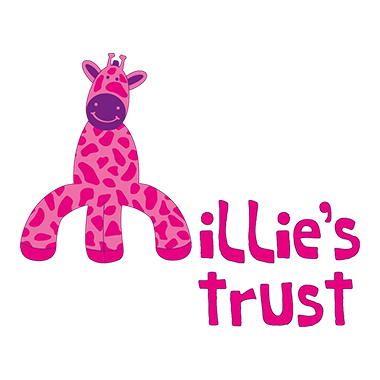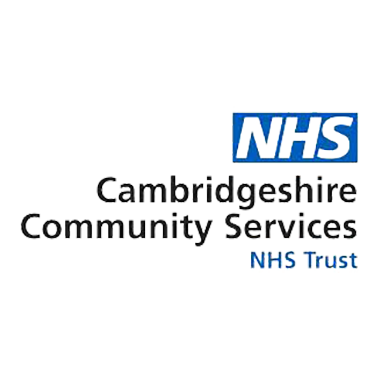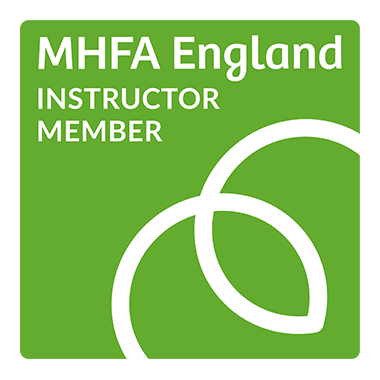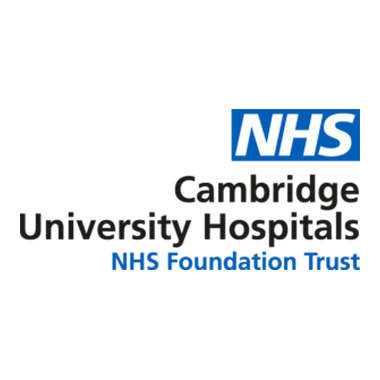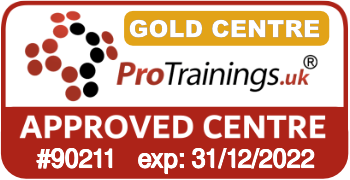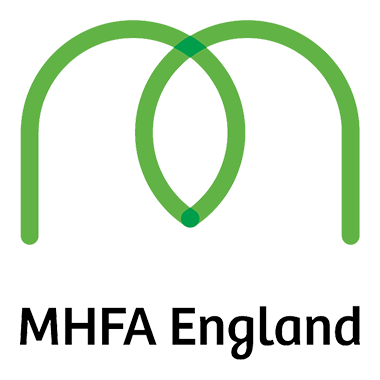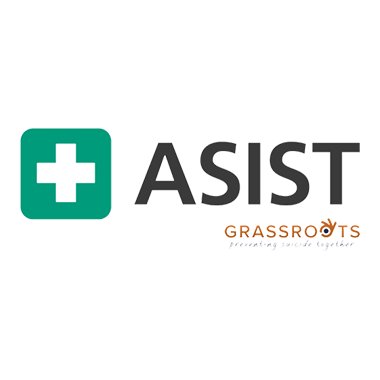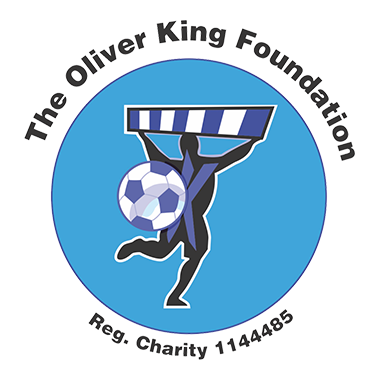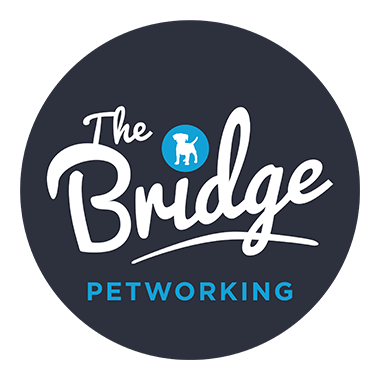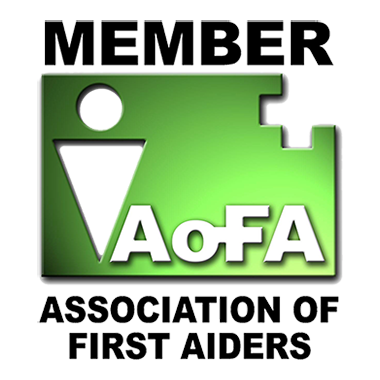Course Accreditation
Understanding course accreditation
You are reading this because you are conscientious, a sceptic, or both. We already like your tenacity.
Navigating what it actually means to ensure you’re taking a suitably accredited course is not a straight line. So before putting your precious time and money towards anything, we want to help you understand the issue of accreditation so that you can make your own judgement.
How can you be sure your certificate is really worth the paper it’s written on?
Anyone can claim to deliver first aid training, but how do you know if they are teaching quality content or working off the back of an envelope? In the internet age, anyone can ‘qualify’ in pretty much anything with a few clicks. So it’s important to do your homework.
All training courses available from this website, whether delivered by The Bridge First Aid directly or from a third party, clearly state their accreditation with each course description. The goal of this page is to ensure you understand what that accreditation actually means.
If you are thinking about any training programme, regardless of the provider, reading the information below will equip you to understand the lingo, interrogate the course claims and make an informed decision.
Read on for a more detailed explanation of accreditation in the UK, or use the buttons below to navigate straight to your area of interest.
What is an accredited course?
An accredited course is one that has been approved by a professional body. Accredited courses count towards professional qualifications or registration with a professional body. Accredited courses may benefit you in your career and, in some cases, are a legal requirement of your profession or industry.
If something has accreditation, it is officially accepted as being ‘of a standard’
The Cambridge Dictionary
But who sets the Standards?
In the workplace, first aid standards are laid down in law by the Health and Safety Executive (HSE).
Additionally, standards and accreditation will also be subject to specific industry requirements where applicable.
Who are the Health and Safety Executive (HSE)?
The HSE are a government agency with legal powers. They can prosecute employers, unions, trade unions, and even close your business down. They are the powers who make the rules about how many first aiders a business needs and what topics courses must be include.
There’s a catch: The HSE no longer approves first aid training qualifications
The 2013 amendment to The Health and Safety (First Aid) regulations removed the requirement for the Health and Safety Executive (HSE) to approve the training and qualifications of appointed first aid personnel. It is therefore the responsibility of the employers and self-employed to select first aid training providers which meet the HSE guidelines.
In other words in 2013 the HSE served the ball firmly back in your court. Despite abdicating responsibilities for approving training and qualifications of appointed first aid personnel, they still have the power to prosecute you if you get it wrong.
This makes doing your due diligence when researching courses all the more important.
You should also check whether your industry has additional specific accreditation requirements.
For those working in any capacity within a childcare sector, additional guidance is given on the first aid for childcare providers page.

I work in the childcare sector
Additional guidance for childcare providers

Show me the regulations
Get it straight from the horses mouth

How do I select a first aid provider?
Everyone loves a checklist!
Physical first aid accreditation
The Bridge First Aid Ltd Accreditation
Does the Bridge First Aid Ltd meet all criteria and principles of assessment for first aid qualifications set out by the HSE and The First Aid at Work (First Aid) regulations 1981 and subsequent changes?
YES!
And more, we offer transparency, honesty, kindness and humour.
You’ll be pleased to know we are i-dotters and t-crossers
Here is the official language that says we have our house in order. We know it’s wordy, but we will break it down below.
The Bridge First Aid delivers Regulated Qualifications (RQF), Internal Quality Assured Qualifications, (IQA) and Continuous Professional Development (CPD) certified courses.
The Bridge First Aid Ltd. use ProTrainings and Qualsafe as our preferred certifying organisations. Training Qualifications UK (TQUK), who are recognised and regulated by Ofqual, are the awarding organisation (AO) for our regulated courses (RQF)
We also deliver training courses that support national charities including Millie’s Trust and the Oliver King Foundation as well as animal, equestrian and mental health charitable trusts who have their own in-house accreditations. We have a growing catalogue of independent bespoke training courses and awareness programmes we champion, written by ourselves and our collaborators, endorsed by professionals.
All our first aid courses follow latest UK Resuscitation Council Guidelines.
And now translated into plain English...
What is a Regulated Qualification (RQF)?
A Regulated Qualification is a qualification that is provided through an awarding organisation, who are recognised and regulated by The Office of Qualifications and Examinations Regulation (Ofqual). Qualifications accepted for use by Ofqual are placed on the Register of Regulated Qualifications (RQF), with information on their level and size.
Regulated qualifications may be required by learners/organisations for funding purposes. They are often regarded of higher value, as the certificate for a regulated qualification demonstrates that the learner has attained a qualification approved by both a UK Regulator and recognised Awarding Organisation (AO).
What does Internally Quality Assured (IQA) mean?
Qualifications which are internally quality assured for due diligence and monitoring purposes must meet a detailed set of specific criteria which standardises training, management of assessment, trainers’ qualifications and course feedback, as well as evidence that learning objectives are being met.
What does Continuous Professional Development (CPD) mean?
What is says on the tin. CPD is sometimes a requirement for membership of professional bodies to help you to reflect, review and document your learning and to develop and update your professional knowledge and skills. Doctors, lawyers, accountants, chartered engineers and other professions are vicariously required or encouraged by their professional institutions to participate in CPD.
The term continuous professional development is somewhat subjective, and standards will be dependent on the profession. Most ‘professionals’ with a capital ‘P’, are required to complete a minimal number of CPD hours annually which, demonstrates they are keeping their skills current. These are referred to as CPD time credits or hours.
The important thing with CPD is that learning can be evidenced with a learning’ statement or a certificate which specifies learning objectives. An event, a training course or a practical exercise formal or informal may all count towards CPD.
What is a Vocational Training Qualification (VTQ)?
Vocational qualifications are work-related qualifications available in a wide range of career areas. They are designed to enable the learner to acquire knowledge and skills that meet recognised standards necessary to perform a particular job.
Who are Training Qualifications UK (TQUK)?
TQUK are amongst Ofquals top 20 awarding organisations, and partners with the UK’s leading provider of qualifications resources and skills solutions, The Skills Network.
What is an ‘endorsed qualification’?
According to TQUK an endorsed course of learning is well, exactly that, a course of learning which Training Qualifications UK can evaluate and endorse as a suitable and beneficial learning platform for learners.
Who are The Resuscitation Council (UK)?
The Resuscitation Council (UK) are a professional body set up by a group of medical professionals and established in 1983. Their primary objective is promoting high-quality practice in all aspects of cardiopulmonary resuscitation (CPR) to improve survival rates.
Essentially, The Resuscitation Council (UK) dictate the algorithms and processes taught in first aid training. These protocols are founded upon extensive evidence based scientific research. They cover both lay people and medical professionals’ guidelines.
The scientific evidence supporting these guidelines is reviewed every five years and their rigorous development process has received NICE Accreditation. NICE stands for National Institute of Clinical Evidence. Accreditation does not go any higher than this.
Mental health first aid accreditation
Mental Health First Aid (MHFA) England and mental health course accreditation
Every Mental Health First Aid (MHFA) England course is delivered by a quality assured instructor who has attended the Instructor training programme accredited by the Royal Society for Public Health. MHFA England courses are standardised evidenced based training programmes with certificates awarded from MHFA England.
Who are Mental Health First Aid (MHFA) England?
MHFA is a global community delivering training in 27 countries and counting. MHFA England will be slightly different to MHFA France, or MHFA Canada for example because the welfare system is different. The important point is that we all speak the same language in terms of how mental health first aid is delivered and how training standards are monitored. MHFA is an evidence based internationally recognised training course.
There are other providers in the UK offering courses in first aid for mental health, such as NUCO Training, who deliver First Aid for Mental Health which is a Regulated Qualifications Framework (RQF) course.
The Bridge First Aid can deliver either. However, we feel that the instructor training programme offered by MHFA England, which is 9 days over 6 weeks, is far more appropriate that a 3-day online version offered by NUCO.
Animal first aid accreditation
Animal First Aid Course Accreditation
There is no regulatory body for animal first aid in the UK. (Yet)
Vets don’t practice first aid they practice veterinary surgery. Unlike first aiders, vets have access to drugs and equipment. Vets are vital but you are the integral link.
All of our animal courses are delivered in accordance with Schedule 3 of the Veterinary Surgeons Act 1966 and advice from registered veterinary surgeons. You will find out exactly what Schedule 3 of the Veterinary Surgeons Act looks like and means when you attend one of our courses. It would be out of context to cover this here.
Canine vocational training qualifications (VTQ) can also be endorsed by Training Qualifications UK (TQUK).
Our security dog and specialist dog first aid courses are approved by the National Association of Security Dog Users (NASDU).
Combined courses
The Bridge First Aid Ltd. also offers regulated combined training
What is Combined Training?
Think of it as BOGOF, buy one get one free, where learners certify in more than one area without attending separate courses.
Often all that is required is that learners complete more than one written and practical assessment. Combined training is available for level 3 Paediatric First Aid (PFA) and level 3 First Aid at Work (EFAW) and (FAW) courses.
Other considerations
Our thoughts on Certificates, Logos and Holograms
Logos are often protected under Crown Copyright and action can be taken if they are used without permission. We are aware that people create their own versions to imply endorsement. If you see a logo on a website, it could just mean the web designer can use copy and paste. We value our reputation far too much for that and all third party logos on this site are displayed with permission.
Certificates of any measurable value should state “certificate of completion”, or the students full name followed by “has completed” and “the name of course”. Theses certificates should also display title and level achieved, the awarding date and terms, including details on accreditation (standards) and a unique number or code.
Holograms are pretty. That is all we have to say about them for now.
Why does a certificate require a unique number or code?
When a training provider is audited the certificate number may be used to locate paperwork or digital files to evidence that learning objectives have been met. Certificates of attendance are normally just that.
A final thought
At the end of the day it is not the piece of paper that matters so much as the skills obtained and retained by the learner.
Regardless of whether you need an accredited first aid qualification or something else, if you are booking training where the accreditation has not been specified, it is always wise to check before you commit. You shouldn’t necessarily be concerned about the quality of a course if it is not accredited. Just make sure the testimonials are genuine and the qualifications or experience of the instructor reflect the learning objectives.
Remember: it is your responsibility to do your due diligence homework.
Well done, 1 house point.







